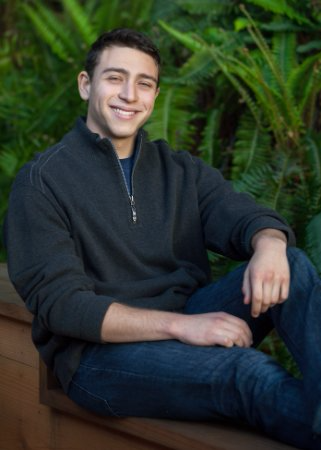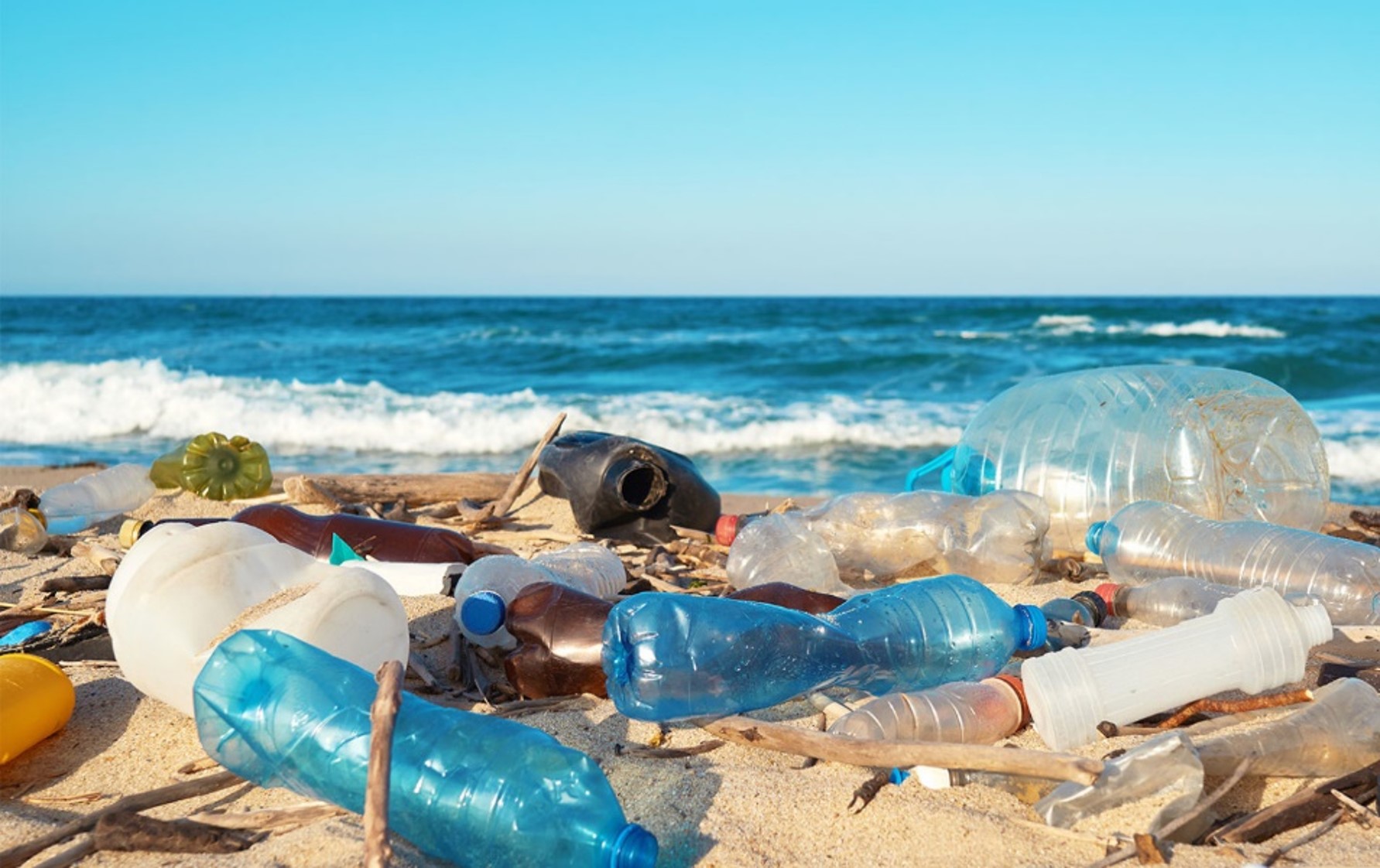Waste to value processes are gaining momentum. Brightmark, a startup innovating to solve the problem of waste, has announced its intent to form a joint venture with SK Innovation to build a plastics pyrolysis plant in South Korea.
Why does this matter?
- The world produces 385 million tons of plastic each year – 91% of that plastic never gets recycled. The rest ends up in an incinerator, a landfill, or in the natural environment.
- Pyrolysis is a critical technology that can help reduce plastic waste.
- In past, the continuous operation of pyrolysis plants was difficult due to lack of technical and economic viability. Brightmark overcame these constraints with their Indiana facility.
- The plastics renewal plant will increase the recycling rate of plastic waste. The new plastics recycling facility will be able to process 100,000 tons of plastic waste per year.
What’s next?
- Both Brightmark and SK Innovation will carry out a study during 2021 to optimize, scale, and develop Brightmark’s technology within the current ecosystem.
- Similar to Brightmark and SK Innovation’s joint venture, CP Chem previously announced that their circular polyethylene was certified by the International Sustainability & Carbon Certification (ISCC). CP Chem’s process cracks pyrolysis oil from plastic waste to produce ethylene, which is used to create more polyethylene.
- In Larry Fink’s letter to CEO’s, he is “Asking companies to disclose a plan for how their business model will be compatible with a net zero economy.” This will only add accelerate the adoption of circular economy technologies.
Thoughts
As technologies that turn waste to value mature and become economically feasible, we will see more collaborations, partnerships, and joint ventures. Having both financial and environmental returns on investment are key for technology adoption.
About The Author

Daniel currently works at Lawrence Livermore National Laboratory. His original assignment was to maintain and update facility safety documentation for all facilities on-site, and perform risk analysis. Over time, his role has expanded to leading continuous improvement efforts through product management.
Concurrently, Daniel volunteers with Techstars, helping organize startup weekends, and with the American Institute of Chemical Engineers, organizing events on the local and national levels of the organization. He also volunteers with One World, and previously with Powerhouse Ventures, to source and screen startups for potential investment.
Daniel holds a BS in Chemical Engineering from UC Davis, and recently completed coursework in energy innovation from Stanford. His passion is at the intersection of sustainability, innovation, and business.

